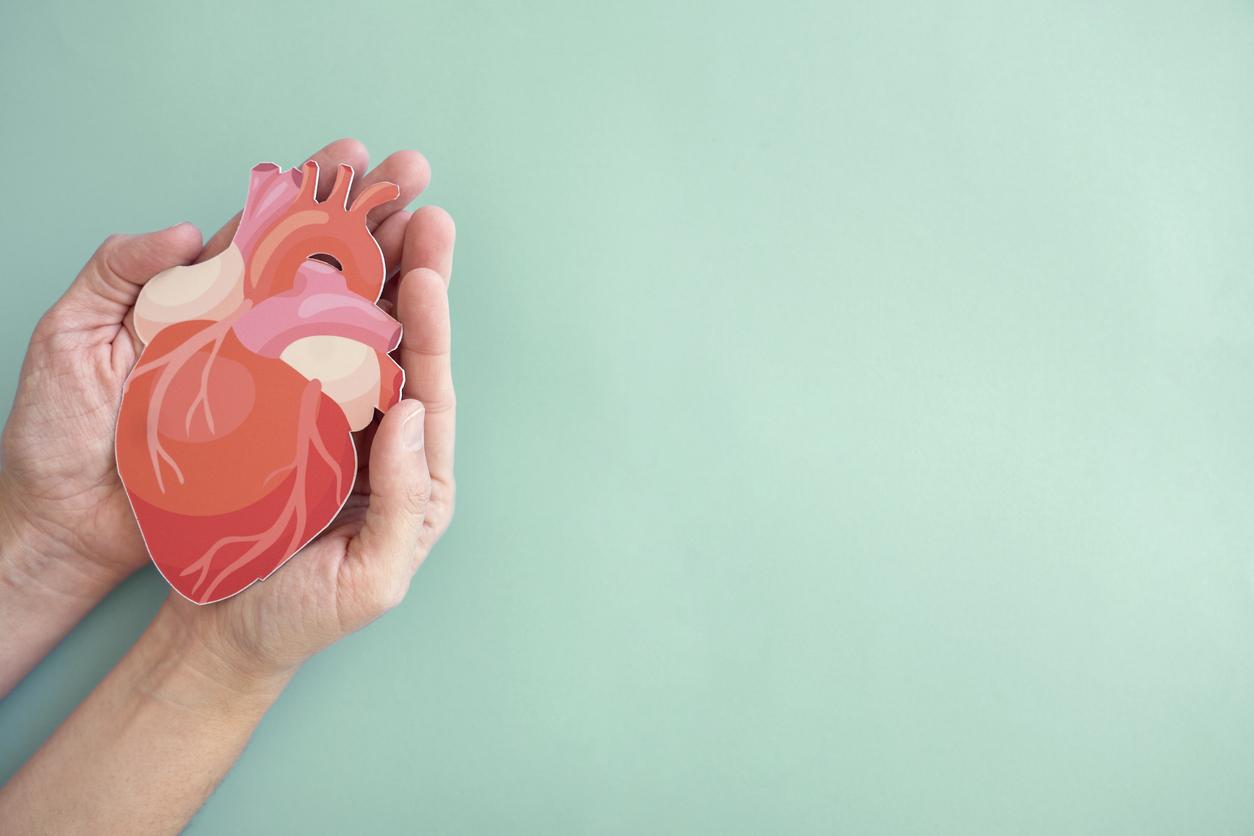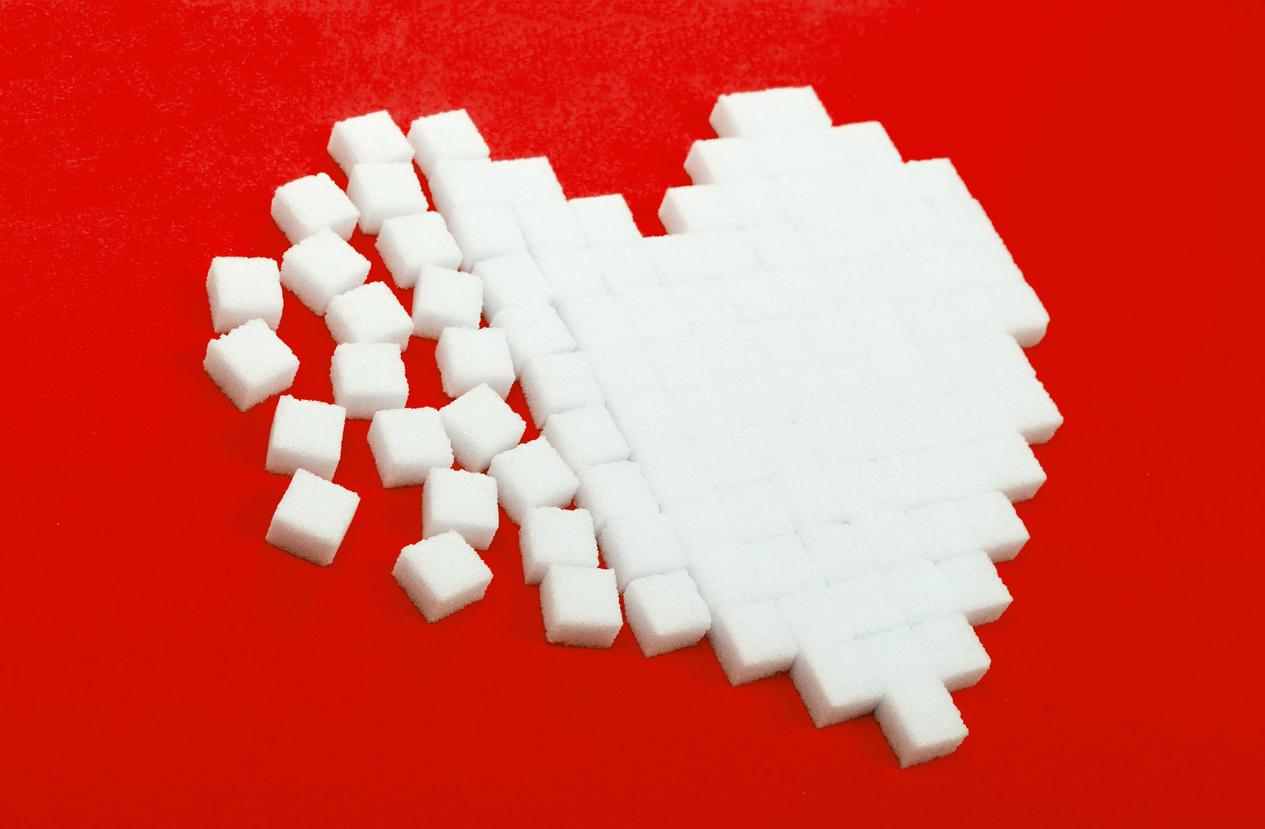They have a bad reputation, and yet: eggs are good for your health and are definitely part of a healthy and balanced diet.
Indeed: there are vitamins (A, D, B2 and B12, in particular), minerals (iron, zinc and selenium, in particular) as well as proteins (about 13 grams in 100 g of hard-boiled egg) and antioxidants (lutein and zeaxanthin). Eggs are also low in calories since they only accumulate 90-100 Kcal per 100 g.
If eggs are indeed a source of cholesterol, they can also be beneficial for cardiovascular health, according to a new study conducted by Peking University (in China).
A beneficial lipoprotein for the cardiovascular system
Thus, according to the Chinese researchers (who worked with a group of 4778 volunteers, of whom 3401 suffered from cardiovascular disease), people who regularly consume eggs would have a higher than average rate of apolipoprotein A1 (or ” Apo A1″) in the blood.
However, this lipoprotein belongs to the family of “good cholesterol”: specialists also consider that the cardiovascular risk is increased when the blood level of apolipoprotein A1 is less than 0.90 g/L.
Chinese scientists (who published their work in the specialized journal eLife) therefore recommend consuming one egg a day. That’s good: because they can be cooked in many ways (boiled, fried, hard-boiled, scrambled, in an omelette…), eggs can enhance any meal, from breakfast to at dinner !
Read also :
- Goji, cranberry, mulberry… 6 small berries for vitality
- Miso paste: how to use it?
- Birch sap cure: what are the benefits?













-1739366311.jpg)



